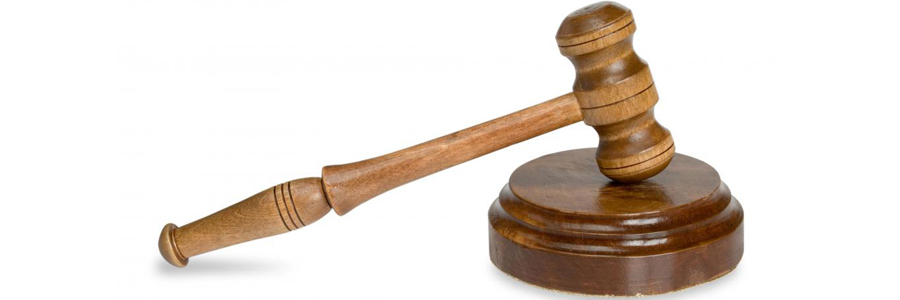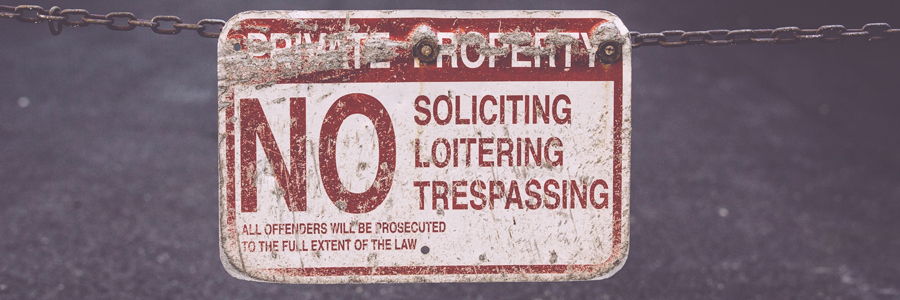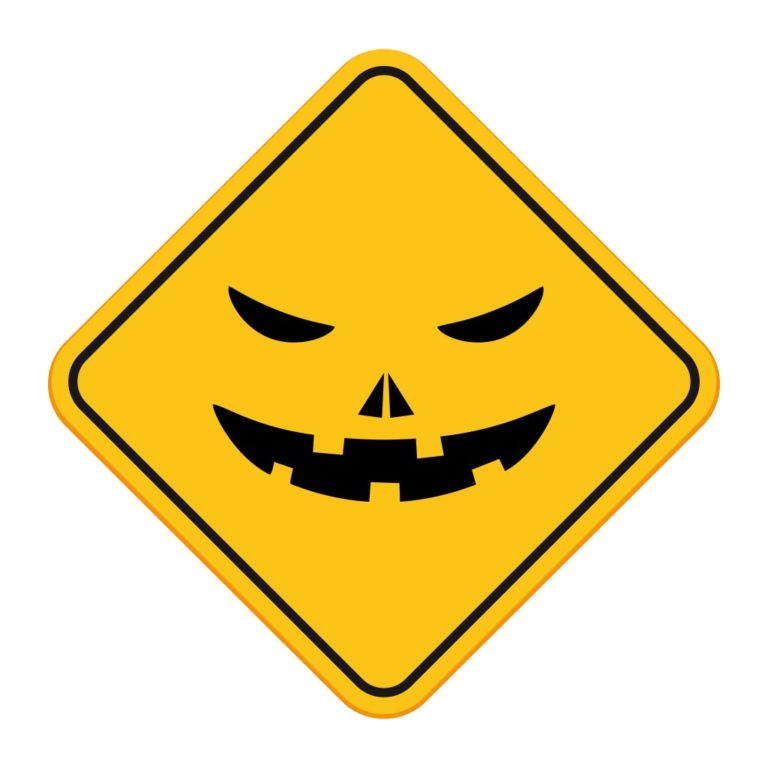What is a Tort Claim?
Chances are you’ve heard this word before, but you might still be wondering: what is a tort claim?
It might sound like a funny word, but injuries and accidents are no joke.
It’s crucial that everyone understands what a tort claim is because you never know when you’ll need to make one. You could be in an accident tomorrow, three days from now, or in a few years.
When that happens, you need to be prepared to make the right decision to get the compensation you deserve. If you’ve been injured and it was someone else’s fault, you’ll likely file a tort claim.
Here’s everything you need to know to understand what Canadian tort law is and why it’s so important for your personal injury claim.

Canadian Tort Law
“Tort” means “a wrong” in Latin. Tort law is what governs personal injury law in Canada.
When someone else wrongs you, you deserve justice. And tort law ensures that you get it.
Under Canadian Tort Law, anyone who causes you or your property damage is liable. You are entitled to seek compensation and settlement for these damages.
It’s a branch of private law under which individuals can hold other parties responsible for injuries or damages. The cases go to a judicial court and generally result in a settlement for the victim to cover various expenses and pain and suffering.
Canadian Tort Law is more focused on compensation to the victim, and it exists to help you get the settlement you’re entitled to.
Types of Tort Claims
In essence, tort claims and personal injury claims fall under the same category. They are all claims brought forward by a victim, the injured party, seeking compensation for their injuries or damages.
There are two types of tort claims in Canada: intentional and unintentional. Here’s a breakdown of what each of these claims mean and how you can determine which one you need to make.

Intentional Tort Claims
Intentional tort claims are wrongful actions that someone else does to you on purpose. It includes anything from unwanted physical contact to defamation.
For some cases, the defendant can be charged under the Canadian Criminal Code. That’s because many intentional tort claims can be pretty serious in nature.
This is especially true when these claims consist of someone intentionally doing you harm, like assault, or vandalizing your property.
But in many cases, you can seek justice in private law court.
Unintentional Tort Claims
Unintentional tort claims are based on negligence.
Everyone in this country has a duty of care to one another. This means that we are all required to ensure that someone else’s safety is met to the best of our individual ability.
When someone does not meet that duty of care to another person, they can be charged for negligence under Canadian tort law.
There’s also the standard of care to others. When someone doesn’t do something that another, reasonable person would have done, they fail to meet a standard of care.

Tort Claim Examples
Intentional tort claim examples consist of harmful acts like assault, battery, defamation, or fraud, to name a few. Essentially, it occurs any time someone inflicts intentional harm on you.
Sexual assault is a common type of intentional tort claim that can result in severe damages to the victim. If you find yourself the victim of unwanted sexual contact, you can file a tort claim against the perpetrator for compensation.
One example of an unintentional tort claim would be a car accident. No one purposely rear ends someone, but when they do, it’s often because they acted carelessly.
If you get rear ended and you suffer a serious case of whiplash, you can file an unintentional tort claim against the other driver.
Other types of unintentional tort claims could include product liability claims or premises liability claims. Most personal injury cases are categorized under this section of the law.
Both types of tort claims can include property damage claims as well. While these aren’t always dealt with in personal injury law, they are considered tort law. For example, trespassing is considered property law as well.

Tort Claim Settlements in Ontario
In a tort claim settlement in Ontario, you can sue the other party for many expenses, including medical bills, hospital parking costs, lost wages, and an allocated amount for pain and suffering.
The compensation you get is determined by your specific situation. The judge will assess all of the variables, such as the severity of your injury or the amount of time off work you need. Then, they will decide what you get.
The most important thing you need to do is act as soon as you’re ready. As soon as the accident happens, you have 2 years for most cases to file your claim.
Here are some other important tips for getting the most out of your tort claim:
- Hire the best personal injury lawyer you can find.
- Take as many pictures as you can.
- Collect all documents, records, and files. Save everything.
- Determine what you can get and what type of claim you need to make.
- Lay low and stay away from social media until your court date.
If you follow the right advice, and talk to your personal injury lawyer every step of the way, you’ll be on the road to recovery in no time.

Conte & Associates Will Fight For Your Tort Claim
Conte & Associates are experienced personal injury lawyers in Toronto who know how to fight for you. We’ll get you the compensation you deserve so you don’t have to spend your life in agony.
Don’t wait until it’s too late. You can get your life on track now. All you need is one of our team members on your side, fighting aggressively for your justice.
We’ll help make sure of that. How? Because we work with the top medical experts in Ontario to build you the strongest case we can.
Contact Conte & Associates today for a free consultation. We won’t let you suffer any longer.





